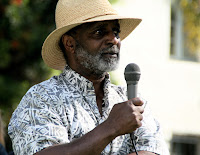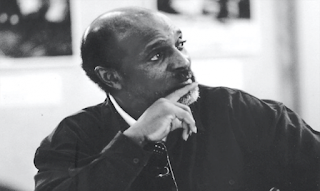Robinson session 2: The Black Radical Tradition
Thursday 30 th November | 5:30 – 7:00pm | The Alumni Room (School of English) For this session, we will begin to explore Cedric Robinson’s notion of the Black Radical Tradition, which Robinson argues is that which is formed out of the rejection of racial capitalism as an “unacceptable” (p.28) value for life. Robinson spoke about writing and teaching Black Marxism: The Making of the Black Radical Tradition backwards, and it is in this spirit that we suggest Chapter 7 as a great introduction to this concept, condensed to a couple of pages. If you want to understand Robinson’s full reasoning and historical analysis, you can also extend this by reading Chapter 6. Please read however much you have time for. In these chapters, Robinson focuses not on the major intellectual figures Black Marxism is usually associated with, but rather on a long tradition of anticolonial movements which produce from within their struggle different modes of being and producing knowledge. Everyone (at...



